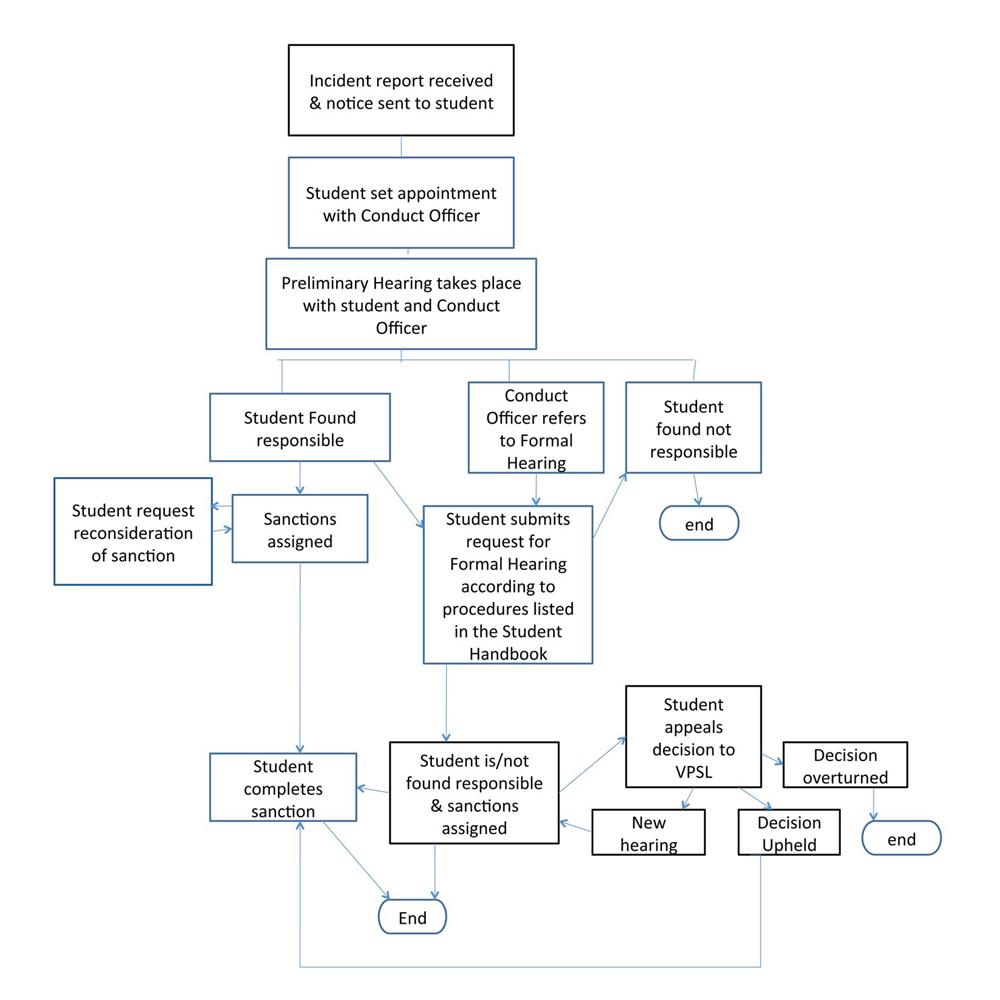In addition to the rights afforded to Marywood University community members and guests under the University’s Title IX Sexual Harassment and Community Standards Sexual Misconduct Policy and Procedures, victims’ of sexual assault are also afforded rights at a federal and state level.
Federal Campus Sexual Assault Victims’ Bill of Rights
The “Campus Sexual Assault Victims’ Bill of Rights” exists as a part of the campus security reporting requirements, commonly known as the Jeanne Clery Act.
- Survivors shall be notified of their options to notify law enforcement.
- The reporting and responding parties must have the same opportunity to have others present at disciplinary proceedings.
- Both parties shall be informed of the outcome of any disciplinary proceeding.
- Survivors shall be notified of counseling services.
- Survivors shall be notified of options for changing academic and living situations.
Pennsylvania’s Victim’s Bill of Rights
As a victim of crime in Pennsylvania you have rights. In addition, there are standards of service that you can expect to receive as a victim of crime. The standards help ensure that you receive information, practical and emotional support, and are able to participate fully in the criminal justice system. These standards were created to make sure that you are treated with dignity and respect at all times, regardless of your gender, age, marital status, race, ethnic origin, sexual orientation, disability or religion.
Your rights will be provided to you by several different agencies, which include a state or local law enforcement agency, the prosecutor’s office, local correctional facility, Board of Probation and Parole, the juvenile probation office or the Department of Public Welfare. Who provides specific notifications to you depends on where the case is in the criminal or juvenile justice system. There are some rights that you will need to request in order for them to be provided to you. Some of your rights are listed below:
You have the right to be told…
- about basic services available to you in your county
- about certain court events, including information on bail, escape of offender, release of an offender
- about the details of the final disposition of a case
You have the right to receive…
- notice of the arrest of the offender
- information about restitution and assistance with compensation
- accompaniment to all criminal proceedings by a family member, a victim advocate or a support person
You have the right to provide input…
- into the sentencing decision and to receive help in preparing an oral and/or written victim impact statement
- into post sentencing decisions
To see how your rights fit into the Adult Criminal Justice Process, please go to the Adult Flow Chart (PDF).
To see how your rights fit into the Juvenile Justice Process, please go to the Juvenile Flow Chart (PDF).
For a complete and detailed list of your rights, please see Your Detailed Rights as a Victim of Crime.
If you think one or more of your rights were not provided to you or that you were not treated with dignity or respect and you would like to file a complaint, please see Victims' Rights Complaint Form (DOC).
You may want to talk to a victim advocate to learn more about your rights. A victim advocate is responsible for providing them to you and to also explain the services that are available for you.
Link to Lackawanna County District Attorney's Victim's Services website: lackawannada.com/victim-advocates
To locate an advocate in other Pennsylvania counties, please visit the Victim Service Program page.

